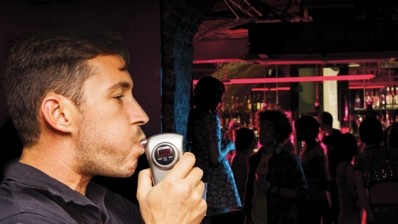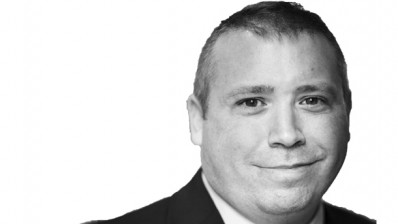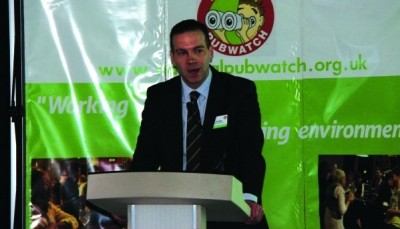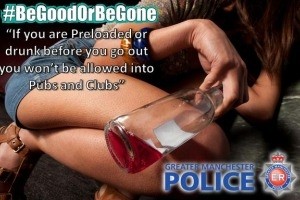Can breathalysers in pubs tackle pre-loading and resolve conflict?
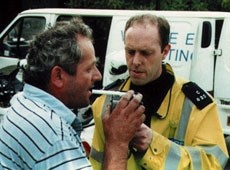
Police in Norwich launched a pilot initiative in November last year, in a bid to combat an increase in pre-loading and binge drinking. About 30 late-night venues used the equipment to determine whether customers could enter their premises and, last month, officers said the voluntary scheme would “continue indefinitely” after claiming it led to a 32% reduction in violent crime and 66% reduction in arrests for people being drunk and disorderly.
Since then, Northampton and towns in Nottinghamshire have jumped on the bandwagon, while pubs in Birmingham will trial equipment until the end of the year before deciding whether to introduce it permanently.
Pubs in north-west Leicestershire now use the devices every September during Alcohol Awareness Week, as well as during the festive period and for large public events like the World Cup. North Yorkshire Police is planning to introduce the scheme in venues soon.
Guidance
Police guidance varies across the regions but, generally, pubs and bars that wish to take part are given a calibrated breathalyser and licensees can set their own alcohol limit at which to refuse entry. Some premises breathalyse randomly, others breathalyse all potential customers and others will only use the device when they already suspect someone is attempting to enter the premises drunk. Some also warn punters when they are over the drink-drive limit but still sober enough to enter the pub for a drink.
Licensees have broadly welcomed the initiative, claiming it encourages customers to drink less before they visit pubs and is a useful tool to justify refusing entry at the door.
A survey of participating venues in Norwich, conducted by Norwich Constabulary, revealed 65% of licensees said the devices aided them in identifying people who were drunk and 70% said they helped resolve conflict at the door. An overwhelming majority (95%) added that it promotes a good partnership between the licensed trade and responsible authorities — and the same number said they would recommend the scheme to other venues as a method of combating alcohol-related incidents.
'Extra measure'
As Jack Wrigley, licensee of Lola Lo bar in Norwich, said: “You can’t help certain people turning up to the nightclub, but it’s a good tool to have as an extra measure. The more things you’ve got at your disposal on the front door, the better.”
However, the device isn’t for everyone.
A Leicestershire licensee, who wishes to remain anonymous, said customers responded well when police officers used breathalysers inside the pub for a one-off trial but she wouldn’t want them used at the door. “Just police coming round occasionally is sufficient but if they did it all the time it would put off people coming in altogether,” she said.
Industry figures have also raised their own concerns about the way breathalysers are used, claiming that it could lead to more disputes.
Confrontation concerns
Kate Nicholls, chief executive of the Association of Licensed Multiple Retailers, said: “If you’re getting into a situation where you’re using a breathalyser to justify why someone is being turned away, you have the potential to have a confrontational scenario on the street in the queue. You might have more drunk people on the streets as a result of refusing entry.
“There also needs to be a clear understanding of what scale the breathalyser is set at, and what happens when somebody breaches it or refuses to give a breath test. Putting a breathalyser into situations without having these conversations fills me with concern.”
She added that it would be helpful if breathalysers were used away from town centres, for example at train stations or taxi ranks.
Not needed
The British Beer & Pub Association said the majority of pubs were “unlikely” to need to use breathalysers as they already manage any issues and it would be concerned about the device becoming a condition as it “would be difficult to enforce”.
National Pubwatch chair Steve Baker added that licensees must be mindful that breathalysers are “probably uncalibrated and therefore can only be used as a guide”.
“If you feel the need to use a breathalyser, you have already formed an opinion as to whether the person has had too much to drink and, in that case, the best way to protect your licence is to refuse entry,” he said.
Despite worries from the trade, Norfolk Constabulary said it had been contacted or sent information about the scheme to 25 other police forces in England and Wales and even received an enquiry from Queensland, Australia.
It seems the use of breathalysers is set to increase.
